When talking about longevity and healthy ageing, a supplement that takes center stage is NMN or Nicotinamide mononucleotide, a precursor to nicotinamide adenine dinucleotide (NAD+), a coenzyme that plays a vital role in many cellular processes such as DNA repair, energy production and more.
With age NAD+ levels decline, and research suggests that NMN supplementation can help replenish these levels. While foods like avocados and cucumbers contain NMN, the amounts aren't enough to keep your cells charged, making supplementation essential.
NMN supplements are not only safe but also highly effective, easily absorbed, and proven to elevate NAD+ levels, offering a promising boost for healthy ageing.
FDA Regulations for Dietary Supplements
The FDA regulates dietary supplements under a distinct category separate from pharmaceutical drugs, with different rules. Unlike pharmaceuticals, dietary supplements, including food supplements, do not require FDA approval before being marketed, but they must undergo FDA registration to ensure they meet regulatory requirements and do not make false or misleading claims.
Since 2016, the U.S. Food and Drug Administration (FDA) classified NMN as a dietary supplement in the United States.
FDA Stance on NMN Supplement
In the fall of 2022, the FDA changed its stance, stating that NMN could no longer be marketed as a dietary supplement because it has been investigated as a new drug before being sold as a supplement. The FDA later clarified that it had not initially connected NMN with MIB-626, a proprietary form of NMN under investigation as a new drug by Metro International Biotech.
In a letter dated November 4, the FDA stated, “Based on new information that came to light when we were reviewing another notification, FDA initiated a review of past notification responses for NMN and concluded that NMN is excluded from the definition of a dietary supplement. This means that NMN may not be marketed as or in a dietary supplement.”
In January 2023, the FDA responded to a new dietary ingredient notification (NDIN) from Effepharm Ltd., whose CEO, Qiang Shen, is based in Shanghai, China, by reaffirming that NMN cannot be marketed as a dietary supplement. The agency reached the same conclusion in a separate January response to an NDIN from SyncoZymes (Shanghai) Co. Ltd. and its U.S. distribution partner, CellMark USA LLC.
What does this mean for the Industry and Stakeholders?
As the regulatory status of beta-nicotinamide mononucleotide (NMN) progresses, it is essential to comprehend the regulatory bodies responsible for overseeing dietary supplements on a global scale.
- United States (US): Food and Drug Administration (FDA) and FTC
- European Union (EU): European Food Safety Authority (EFSA)
- Canada: Health Canada
- Australia: Therapeutic Goods Administration (TGA)
- Japan: Ministry of Health, Labour and Welfare (MHLW)
In India, the FSSAI is the governing regulatory body that has not imposed a ban on NMN as a dietary supplement.
What is the current NMN situation?
In March 2023, the Natural Products Association (NPA) and Alliance for Natural Health USA submitted a request to the Food and Drug Administration (FDA). In their request, the organizations asked the FDA not to exclude NMN under the definition of a dietary supplement and commit to not enforcing their existing ban on the sale of NMN as a supplement.
On August 27, 2024, the NPA filed a lawsuit in the U.S. District Court for the District of Columbia against the FDA, the U.S. Department of Health and Human Services (HHS), and their leaders. The NPA is seeking a declaratory judgment to ensure that β-nicotinamide mononucleotide (NMN) remains classified as a dietary supplement. This case impacts NMN suppliers, brands, and Metro International Biotech, the company conducting trials on a proprietary NMN ingredient, MIB-626.
As of October 24, 2024, the FDA has paused enforcement of its 2022 ban on NMN as a dietary supplement while it reviews a petition challenging the ban. During this pause, the FDA will not prioritize enforcement actions against NMN supplements that would be lawful if NMN were classified as a supplement. This status may change based on future FDA rulings.
Conclusion
The ongoing legal battle surrounding NMN highlights the complexities of regulatory frameworks governing dietary supplements, particularly when they cross paths with pharmaceutical interests. While the FDA’s current stance has disrupted the NMN market in the United States, the demand for this potent longevity molecule remains strong globally. In India, where NMN is still permitted, consumers can continue to access this supplement to support healthy ageing. Decode Age brings clinically validated NMN and NR supplements to India, with all the required and necessary licenses and approvals.
FAQs
Can I buy NMN in the USA?
As of October 24, 2024, the U.S. Food and Drug Administration (FDA) has paused enforcement of its 2022 ban on NMN as a dietary supplement. This means that for now, NMN supplements can still be sold and purchased in the United States without facing regulatory enforcement, as long as they would otherwise comply with supplement regulations.
Is NMN safe to consume?
Yes, NMN is generally considered safe and well-tolerated. Studies have shown that NMN effectively raises NAD⁺ levels and supports cellular health, energy metabolism, and DNA repair.
Are there natural food sources of NMN?
Yes, NMN is found in small amounts in foods like broccoli, avocados, cucumbers, cabbage, and edamame. However, the concentration in food is too low to have a significant effect on NAD⁺ levels, making supplementation a more effective option for those targeting healthy ageing.



















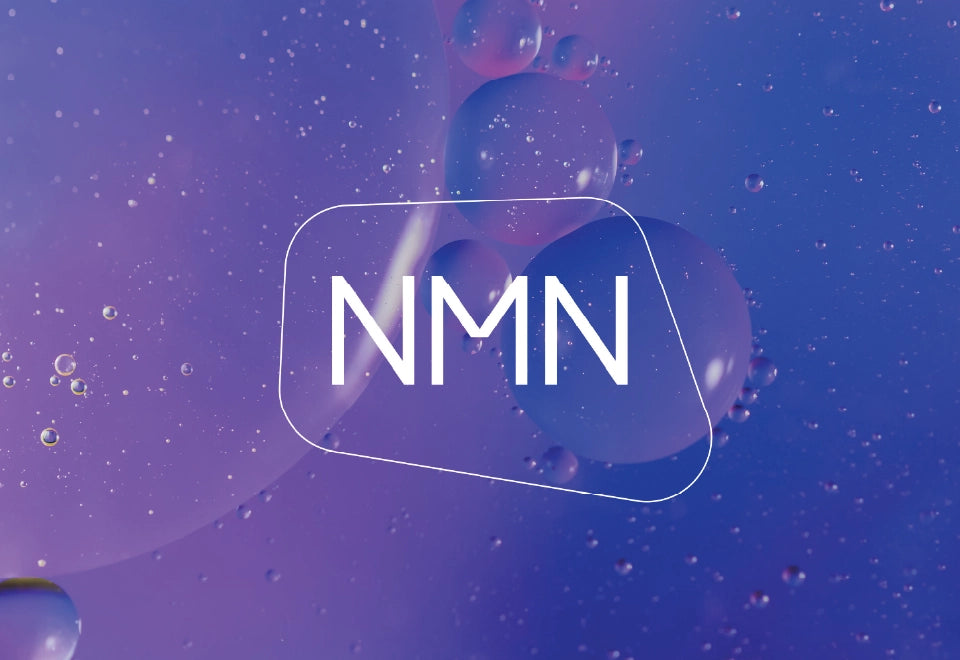
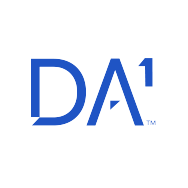

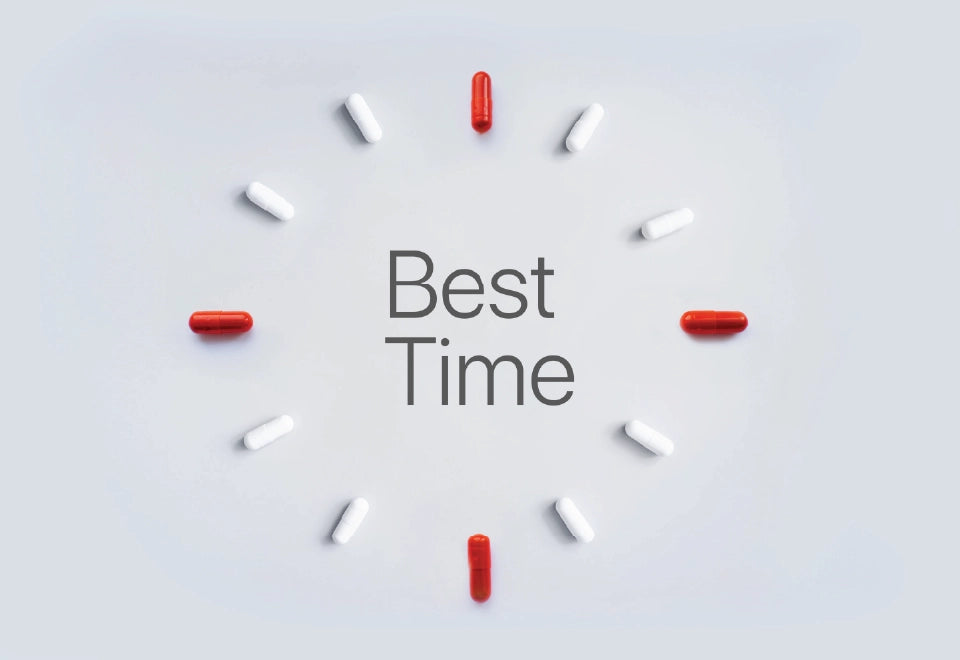
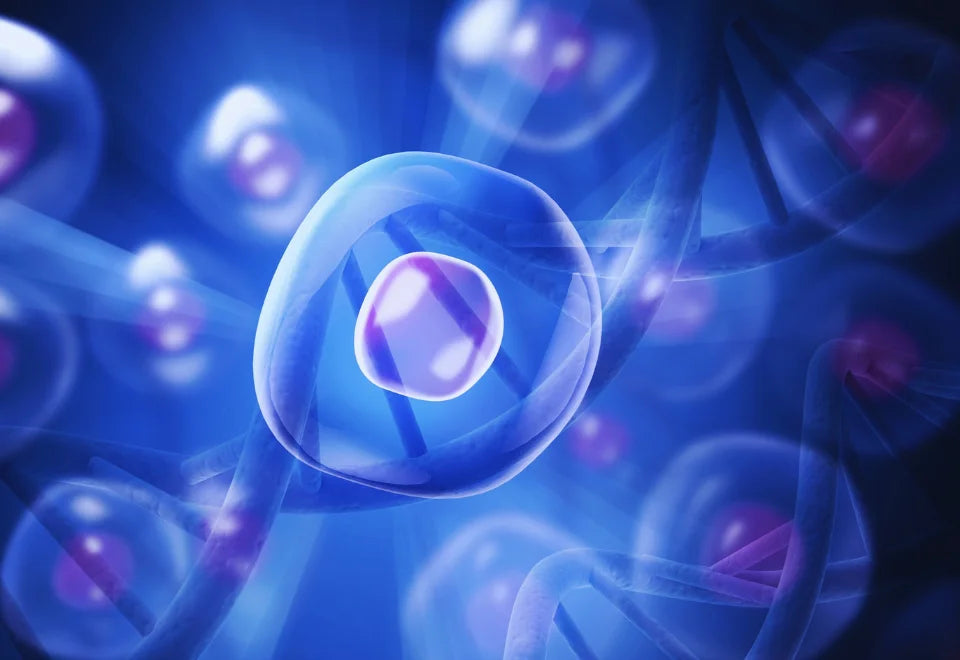
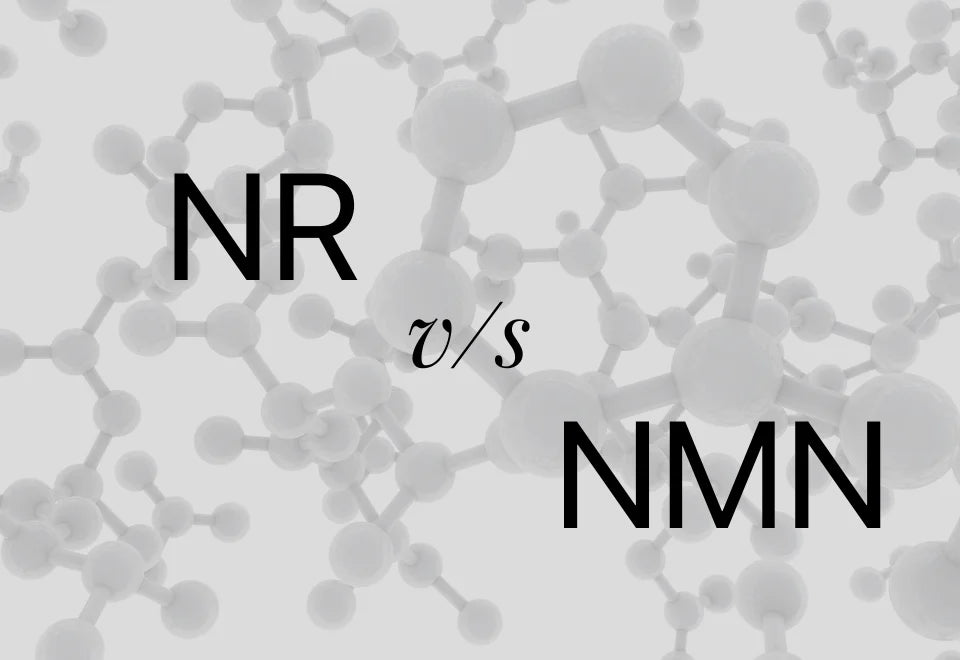
Leave a comment
All comments are moderated before being published.
This site is protected by hCaptcha and the hCaptcha Privacy Policy and Terms of Service apply.